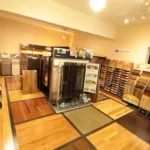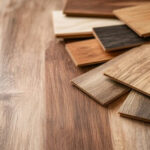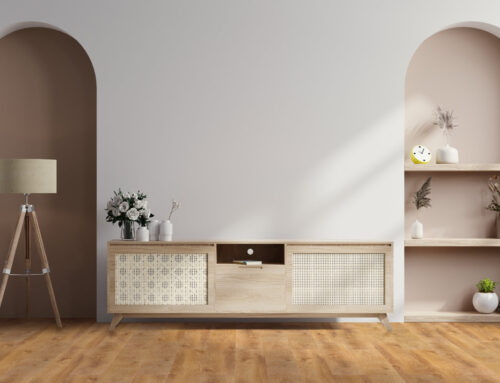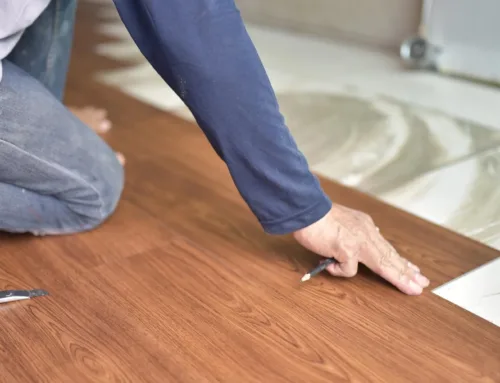Wood flooring is not just about the beauty of the grain or the elegance it adds to a space; it’s also about the reliability of the installation. One crucial component of a successful wood flooring project is the adhesive used to secure the planks in place. Let’s delve into the world of wood floor adhesives and explore the best options for professionals.
Understanding Flooring Glue
Flooring glue, also known as wood floor adhesive, serves a fundamental purpose: to bond the flooring to the substrate securely. It’s the sticky substance that ensures the wood stays firmly in place while allowing for lateral movement to accommodate natural expansion and contraction.
Different Types of Wood Floor Adhesives
-
Urethane Adhesive:
- This type of adhesive is a classic choice, known for its sticky properties that provide a strong bond.
- Urethane adhesives, although considered old-style glue, remain a reliable option in the industry.
- Typically, they spread at a rate of around 30 square feet per gallon, ensuring thorough coverage.
- While offering excellent adhesion, urethane adhesives limit the movement of the wood, providing stability but less flexibility.
-
Moisture-Cured Adhesive:
- Moisture-cured adhesives are renowned for their ability to cure in the presence of moisture, making them suitable for humid environments.
- They provide a strong bond and are often favored for their durability and resistance to moisture-related issues.
-
Silane Adhesive:
- Silane adhesives are gaining popularity among professionals for their ease of use and fast-drying properties.
- Unlike some other adhesives, silane adhesives allow the wood to move naturally, reducing the risk of damage due to expansion or contraction.
- Additionally, they offer easy cleanup, making the installation process more efficient.
- Typically get 60 sq ft a gallon from this Silane glue option.
Choosing the Right Adhesive
Selecting the best wood floor adhesive depends on various factors, including the type of flooring, subfloor conditions, and environmental considerations. Professionals must assess the specific requirements of each project to make an informed decision.
For instance, in environments prone to moisture, such as bathrooms or basements, moisture-cured adhesives may offer the best performance. On the other hand, silane adhesives are ideal for installations where flexibility and fast curing times are paramount.
———
Wood floor adhesives play a critical role in ensuring the longevity and stability of wood flooring installations. From classic urethane adhesives to innovative silane options, professionals have a range of choices to suit different project needs. By understanding the characteristics and benefits of each type of adhesive, professionals can make confident decisions to deliver exceptional results in their wood flooring projects.
If you need help getting a good glue for your projects you can find us at our 3 locations. We have the following locations: Atlanta, Boise & Spokane.
Author Profile
- I have worked in hardwood flooring for the last 8 years. Use to run a company of residential crews as well as a company with gym flooring. If you need floor installation or refinishing help, I should have an answer or at least get you in the right direction.
Latest entries
 FlooringDecember 24, 2025Right Advice For Picking The Ideal Hardwood Flooring Options
FlooringDecember 24, 2025Right Advice For Picking The Ideal Hardwood Flooring Options FlooringDecember 22, 2025What is Your Favorite Type of Hardwood Flooring and Why?
FlooringDecember 22, 2025What is Your Favorite Type of Hardwood Flooring and Why? FlooringDecember 15, 2025What is the Most Durable Engineered Hardwood Flooring?
FlooringDecember 15, 2025What is the Most Durable Engineered Hardwood Flooring? FlooringDecember 12, 2025How Do You Maintain Vinyl Flooring in Spokane Homes?
FlooringDecember 12, 2025How Do You Maintain Vinyl Flooring in Spokane Homes?




